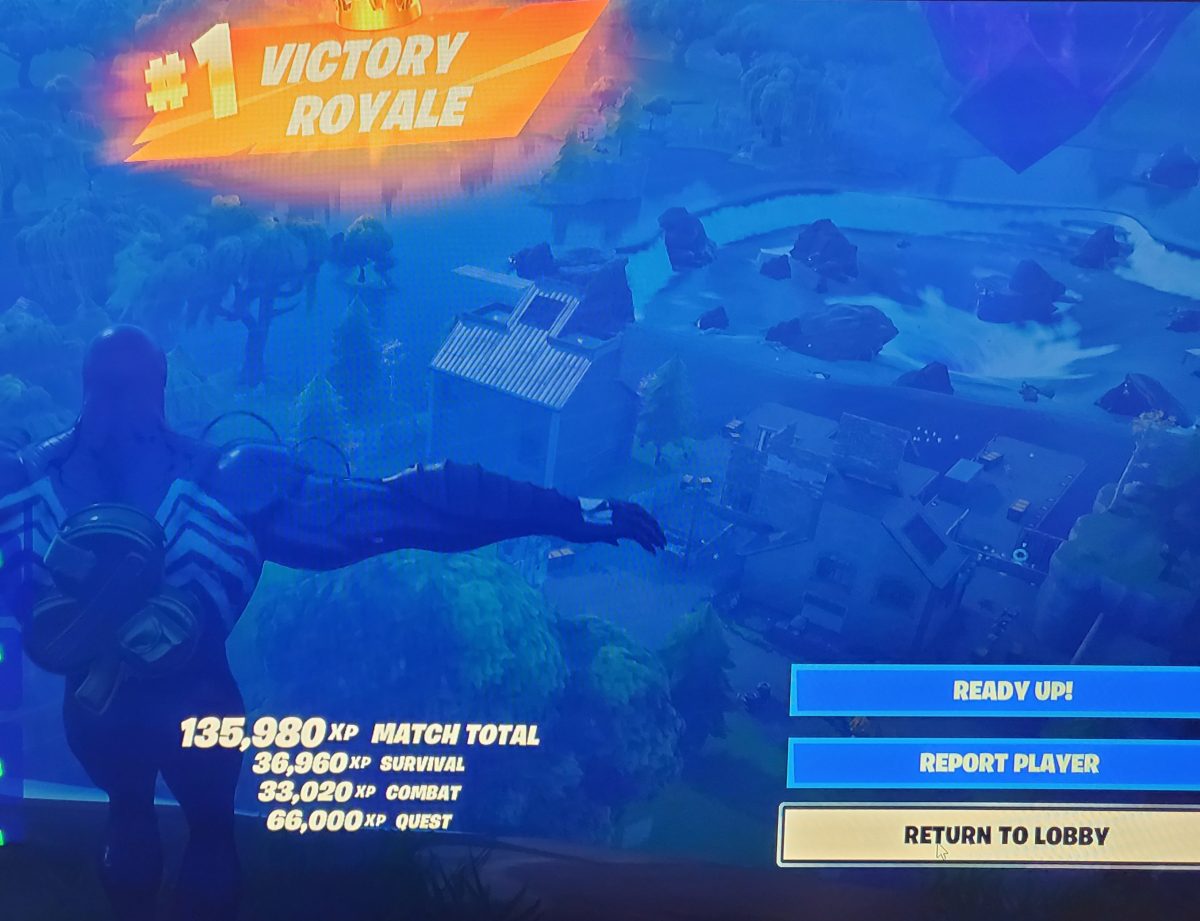The student council might be cutting their membership affiliations with other Oregon colleges next year. This year, the Associated Students of Central Oregon Community College have expanded their connections. But due to recent difficulties, and lack of benefits, they have recommended to narrow down the pool.
Last year, ASCOCC was only a member of the Oregon Community College Student Association, while this year they are also a part of the Oregon Student Association. Following the council’s 23 percent budget cut, they have recommended that next years council drop one of the memberships.
“The council as I understand it has made the decision that for the money, it’s not beneficial to continue investing in membership with OCCSA,” Smith said.
The cost of membership for both the organizations is in the thousands of dollars. While membership prices fluctuate each year according to the Full-Time Equivalent, and ranking according to other colleges, membership with OSA did outprice OCCSA this year. For the 2013-2014 school year, ASCOCC paid $13,444 for membership with OSA, compared to $2,066.14 for membership with OCCSA.
Differences in membership
However, there is a reason for OSA’s larger price tag, according to Daniel McCall, the communications director for OSA. As McCall said, the organization offers more outlets. OSA “advocates for students at the statewide level,” helps with “organizing to win victories for students” and assists with training and leadership development, among other things.
Compared to OCCSA, OSA is more involved in legislative aspects, with a full-time lobbyist to the state and updates on bills and trending decisions. The staff is connected to the COCC campus, providing two to three staff member visits per term, and offering about 300 different trainings.
OCCSA does have a larger membership pool, with 14 Oregon colleges involved compared to OSA’s nine. But even though the participation is greater, OCCSA has less staffing. The organization has one staff member, although there is a board involved that organizes a training at the beginning of the year.
While ASCOCC has recommended only continuing membership with OSA next year, OCCSA does have it’s benefits, according to Barbara Delansky, the advisor for the Associated Students of Lane Community College. Like COCC, Lane Community College is currently part of both organizations, and Delansky thinks OCCSA “works with OSA on the political issues, but has a larger focus.”
OCCSA members are also guided through the process of receiving a non-mandatory certificate, based on trainings that standardize what student governments should be doing. While the certification is available without work through OCCSA, the organization does help in the process. OCCSA directs that information to their members, according to Smith.
“One of the great things about OCCSA is this is more on the advisor, administrator role,” Smith said.
As ASCOCC maps out the aftermath of necessary budget cuts, keeping the membership with OSA and dropping OCCSA could be more effective, according to Smith.
“Part of the appeal in going to OSA is recognizing part of the needs and services aren’t being met,” Smith said. “They’re giving a lot more resources because of travel budget, staffing budget and time.”
Whether or not OSA will be kept next year is also open to question. According to McCall, the organization is crucial, researching on “statewide issues that affect students.” OSA works with the Oregon University System board and staff, local university and community college governing boards and the Department of Community Colleges and Workforce Development. According to McCall, that ensures that “students’ voices are heard at the statewide and local level.” OSA membership offers perks ranging from assistance with statewide vote campaigns to internship programs. And forefront leadership conferences, like the Northwest Student Leadership Conference, are provided to students at low costs.
Next year, though, OSA membership will still include the fees: over 13 grand.
Due to the council’s budget decreasing, there could even be a struggle of how to pay for OSA, according to Smith.
“Right now the council is still finalizing the budget and looking in that direction. No final decisions have been made,” Smith said.
Junnelle Hogen | The Broadside
(Contact: [email protected])















